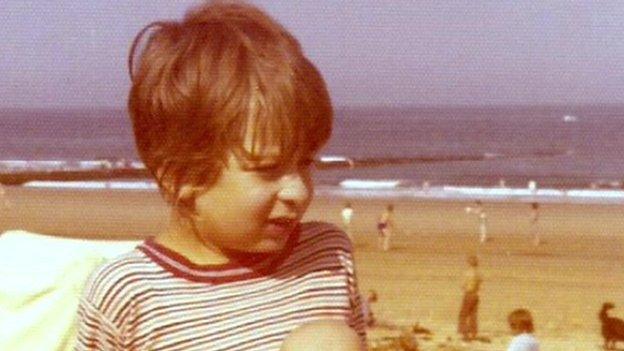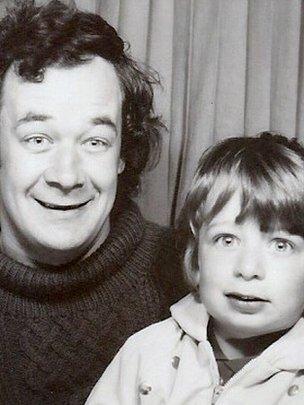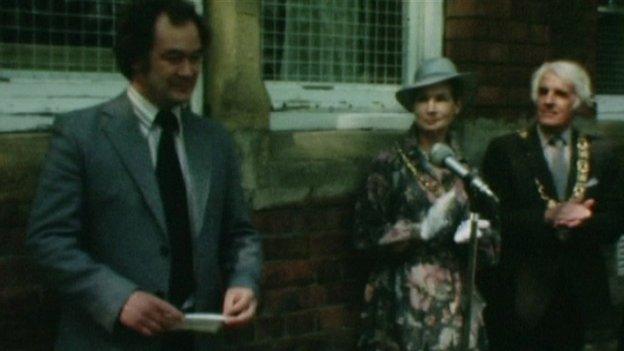The parents who built the first full-time autism school
- Published

Free schools for children with autism are gradually being setup in the UK by community groups, with another one due to open in Easter 2015. But in the 1970s, parents in Sunderland clubbed together to create what they saw as a real need back in a time when autism wasn't such a well-known disability.
In the 70s Paul Shattock's autistic son Jamie was six. Although they say he was a lovely child his parents - like many parents with autistic children - found they needed extra support.
"He slept 4 hours a night," says Shattock. "In the end the only option we had was for him to go to a residential school."
But the specialist centre available to them was in Aberdeen, some 394km (245m) away from their home in Sunderland. "I had to take him, that was the worst day of my life, I cried my eyes out and he did too," Shattock says.
Unhappy with his son being so far away, Shattock, who is the chairman of Education and Services for People with Autism in Tyne and Weir, wanted to do something to change the situation and so teamed up with local parents who had children on the autism spectrum.

Paul was desperate for his son Jamie to be closer to the family
They all wanted their children to be closer to home and still receive the correct care and education, so looked into setting up their own residential school.
The group started by purchasing a a former Jewish day school in Sunderland that needed quite some restoration. Despite raising the £70,000 needed to buy the building funds were low and the work was eventually done by the parents, with help from young unemployed people on Government training schemes.
"It was a wreck, a real 'seat of the pants' operation," says Shattock but reports there was tremendous support from the community. "We spent four years fundraising. Every working men's club in Sunderland had social events, we approached leek clubs, pigeon fanciers' associations, rotary clubs and round tables for funds…we tried everything. It was a Sunderland venture, a local venture."
By 1980 Shattock's mission to provide a local residential school for autistic children was complete.
On opening there were just two pupils in attendance. It was the first specialist autism school in the country offering a full residential service 52 weeks per year. But very quickly that figure grew to 12 children aged five to 16 and local authorities began to fund places.
Sunderland autism school's legacy lives on
But the school was the start of something much bigger. The founders realised there was a need for something more as the children became older and reached leaving age. The perceived need led to the setting up of a new college catering for young people aged over 16.
This time the parents took out bank loans secured against their houses in order to buy an old vicarage. It too is still running today and provides education placements for young people aged 13-19 yrs with autism, learning disabilities, other disabilities and/or mental illness.

Paul Shattock (left) endeavoured to open a school for autistic children after his son Jamie was diagnosed in 1975
In 1998 Mr Shattock received an OBE for over 30 years of services to the autism community.
More on how free schools for children with autism are becoming more prevalent can be read here.
Film made by BBC North East Today.
Follow @BBCOuch, external on Twitter and on Facebook, external, and listen to our monthly talk show